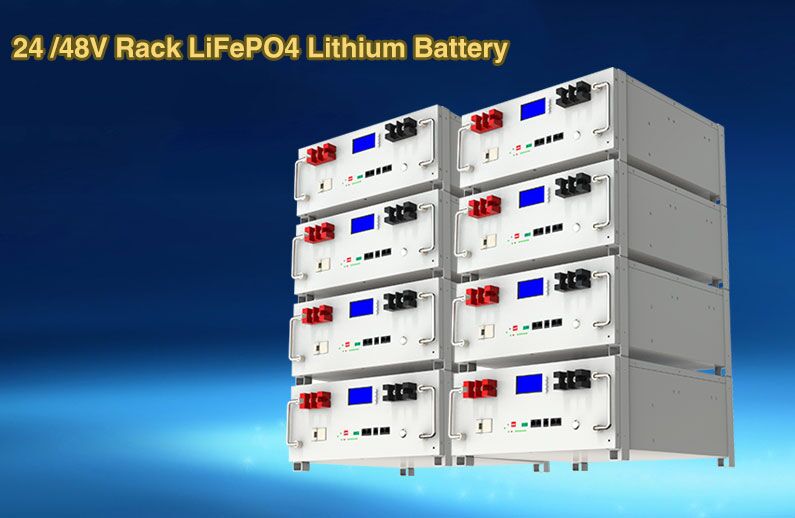How Solar Batteries Power Sensors for Detecting Different Wavelengths of Light in Industrial Applications?
Feb 18, 2025
In the realm of industrial automation and monitoring, sensors play a pivotal role in detecting various environmental conditions. One critical application is the detection of different wavelengths of light, which is essential for tasks such as quality control, safety monitoring, and process optimization. To power these sensors reliably in remote or off-grid environments, solar batteries have emerged as a sustainable and efficient solution. This blog explores how solar batteries, including the 48V Rack LiFePO4 Lithium Battery , Solar UPS Lithium Battery , and 25.6V CATL Lifepo4 Solar Battery , can effectively power sensors for detecting diverse light wavelengths in industrial settings.
The Role of Solar Batteries in Industrial Sensing
Industrial applications often require sensors that operate in harsh environments, where traditional power sources may not be feasible. Solar batteries provide a renewable and reliable energy solution, enabling the deployment of sensors in remote locations. These batteries store solar energy during daylight hours and discharge it when needed, ensuring a continuous power supply for sensors regardless of external conditions.
For instance, the 48V Rack LiFePO4 Lithium Battery is designed to deliver stable power for industrial systems, including light-detection sensors. Its compact design and high efficiency make it ideal for applications where space and energy density are critical factors. Similarly, the Solar UPS Lithium Battery offers a seamless integration with solar panels, providing backup power during periods of low sunlight, ensuring uninterrupted sensor operation.
Detecting Different Wavelengths of Light
Sensors designed to detect different wavelengths of light require precise and stable power sources to function accurately. Solar batteries like the 25.6V CATL Lifepo4 Solar Battery are engineered to deliver consistent voltage levels, which is crucial for maintaining the sensitivity and reliability of these sensors. Whether it's detecting UV rays for sterilization or visible light for quality control, solar batteries ensure that sensors operate at peak performance.
The ability of solar batteries to store energy during daylight hours also allows sensors to function effectively in environments with variable lighting conditions. This makes them particularly suitable for industrial applications such as agriculture, where light spectrum analysis is used to monitor plant health and growth.
Enhancing Industrial Automation with Solar Power
In modern industrial automation, the integration of solar-powered sensors has revolutionized how businesses approach monitoring and control. By leveraging solar batteries like the 48V Rack LiFePO4 Lithium Battery and Solar UPS Lithium Battery , manufacturers can reduce their reliance on grid power while maintaining high operational standards.
For example, in smart manufacturing facilities, sensors equipped with solar batteries can detect specific light wavelengths to monitor production processes in real-time. This not only improves efficiency but also reduces energy costs. The 25.6V CATL Lifepo4 Solar Battery , known for its long cycle life and reliability, is particularly favored in such applications due to its ability to deliver consistent power over extended periods.
As industries increasingly adopt renewable energy solutions, solar batteries are becoming a valuable option for powering sensors that detect different wavelengths of light. With choices like the 48V Rack LiFePO4 Lithium Battery, Solar UPS Lithium Battery, and 25.6V CATL LiFePO4 Solar Battery, businesses can select from a variety of reliable and efficient power solutions tailored to their specific needs.


 Network Supported
Network Supported